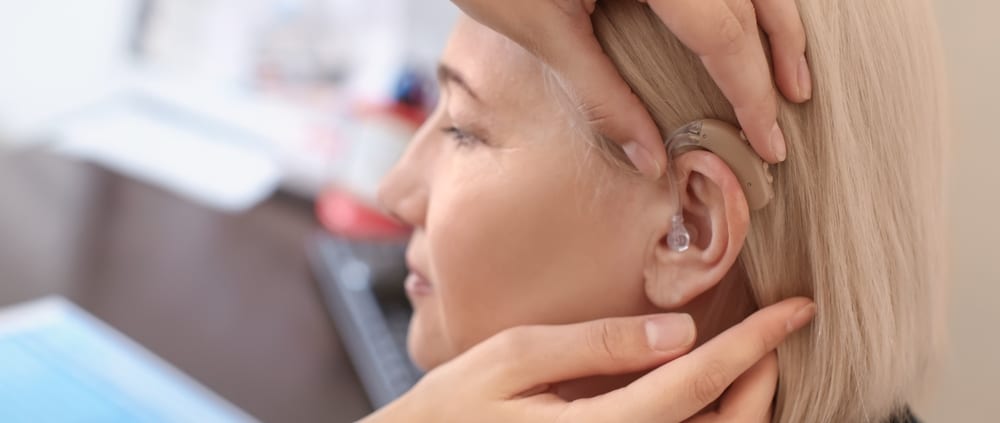2021 Update on OTC Hearing Aids
In my 2020 Future of Hearing, I shared with you how my profession may be changing in the coming years here in Memphis and all over the country.
The OTC Hearing Aid Act went into effect around four years ago. It began paving the way for greater access to reliable over-the-counter hearing aids by establishing FDA standards for OTC hearing aids. Since then, there have been some other interesting developments I’d like to share with you.
New regulations for OTC hearing aids DELAYED
The FDA had planned to have new regulations for OTC hearing aids by the middle of last year. But, well, we all know how busy they were in 2020 with the pandemic.
Next, they sent an update stating regulations would be available by the end of March 2021. But now, it appears releasing new guidelines has been removed from the FDA’s agenda for the next several months.
It may be 2022 before we see this guidance.
Many are questioning why regulations that seemed so eminent have now been pushed out to as much as a year from now. Some wonder if initial work on creating regulations may have led the FDA to question whether the FDA approving OTC hearing aids is wise or even possible.
There are some facts to support this possibility.
It’s not so easy to give FDA approval for OTC hearing aids
Once released, these new FDA guidelines could allow OTC hearing aids to call themselves “FDA-approved” if they meet the FDA’s strict guidelines. To meet FDA guidelines, a product must show scientifically that it is both safe and effective.
Hearing aids are relatively safe, so that’s not the main issue. But as an audiologist, I can tell you that you can get a top-of-the-line hearing aid and still not be able to hear well with it. It’s not the hearing aid’s fault. And it’s not yours either.
Hearing aids are very advanced technologies that work best when they are personalized to the individuals hearing profile. When people lose hearing, they don’t just lose volume. They lose the ability to hear certain frequencies (pitches). If you don’t know what pitches you can’t hear, you can’t adjust your hearing aid to hear well by yourself.
There is a learning curve when using hearing aids. Not only are you learning new technology. The brain has to “re-learn” how to hear.
According to AARP, 25% of people who currently have hearing aids don’t wear them because they don’t think they’re helping. This isn’t because the hearing aids aren’t working. It’s because learning to use a hearing aid isn’t as easy as unwrapping your new smartphone and setting it up. Actually, that’s not so easy either.
Patients should be aware of false advertising
At this time, according to the FDA, there are no FDA-approved OTC hearing aids.
If any product says it’s FDA-cleared or FDA-registered, this isn’t the same as an FDA approval. You’ll want to know what you’re spending your money on.
Most devices on the market today are sound amplifiers, not hearing aids. They don’t address hearing loss. They just make sounds louder. These devices also aren’t intended for people with moderate to severe hearing loss. But the packages may not tell you that.
Even if/when OTC hearing aids regulations are released, coming to see me for professional assistance in fitting and using your hearing aids will still be the best way to improve what you hear. So don’t settle for inferior products. You deserve to hear at your best whether you get a hearing aid here or an OTC.



